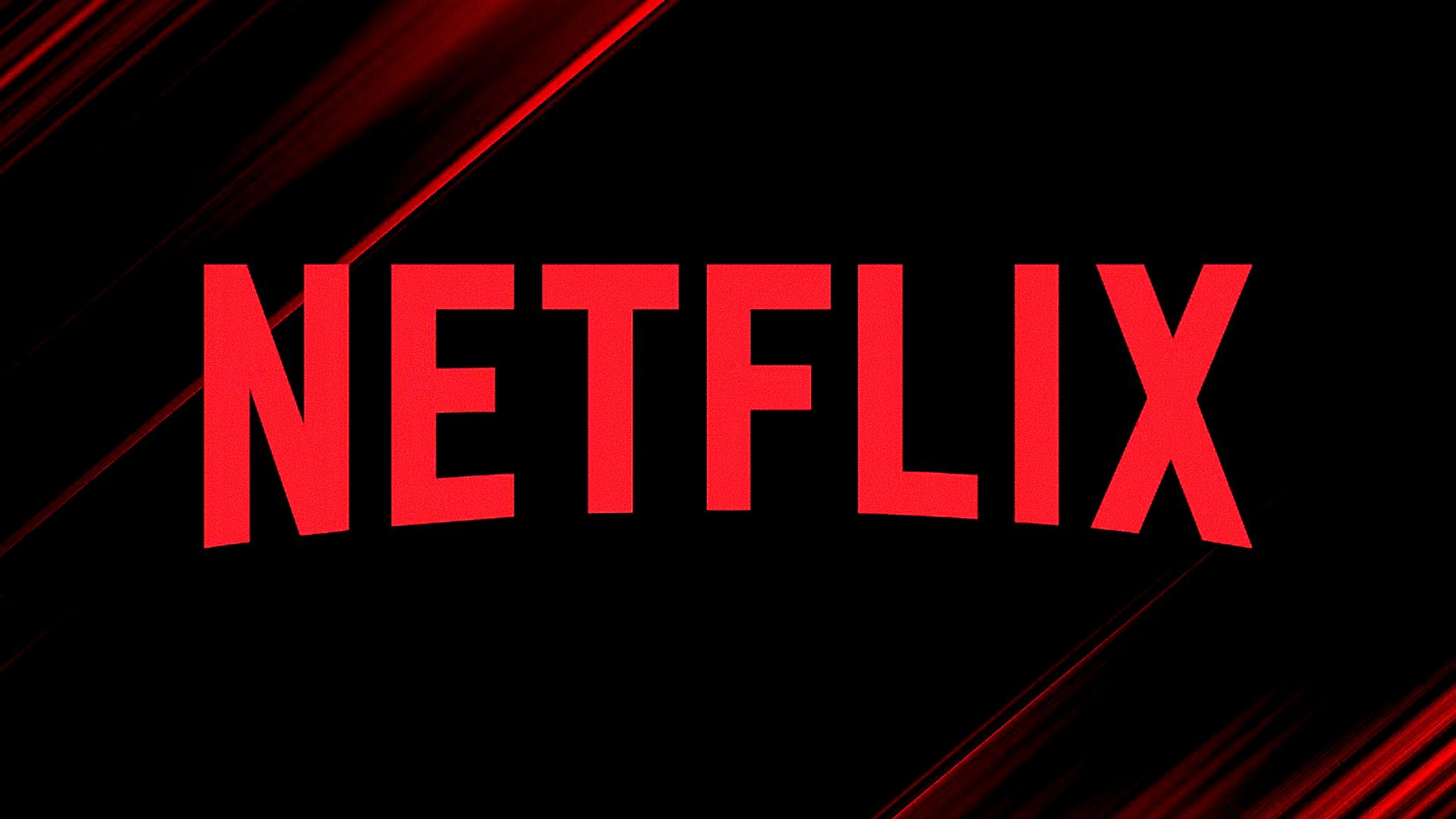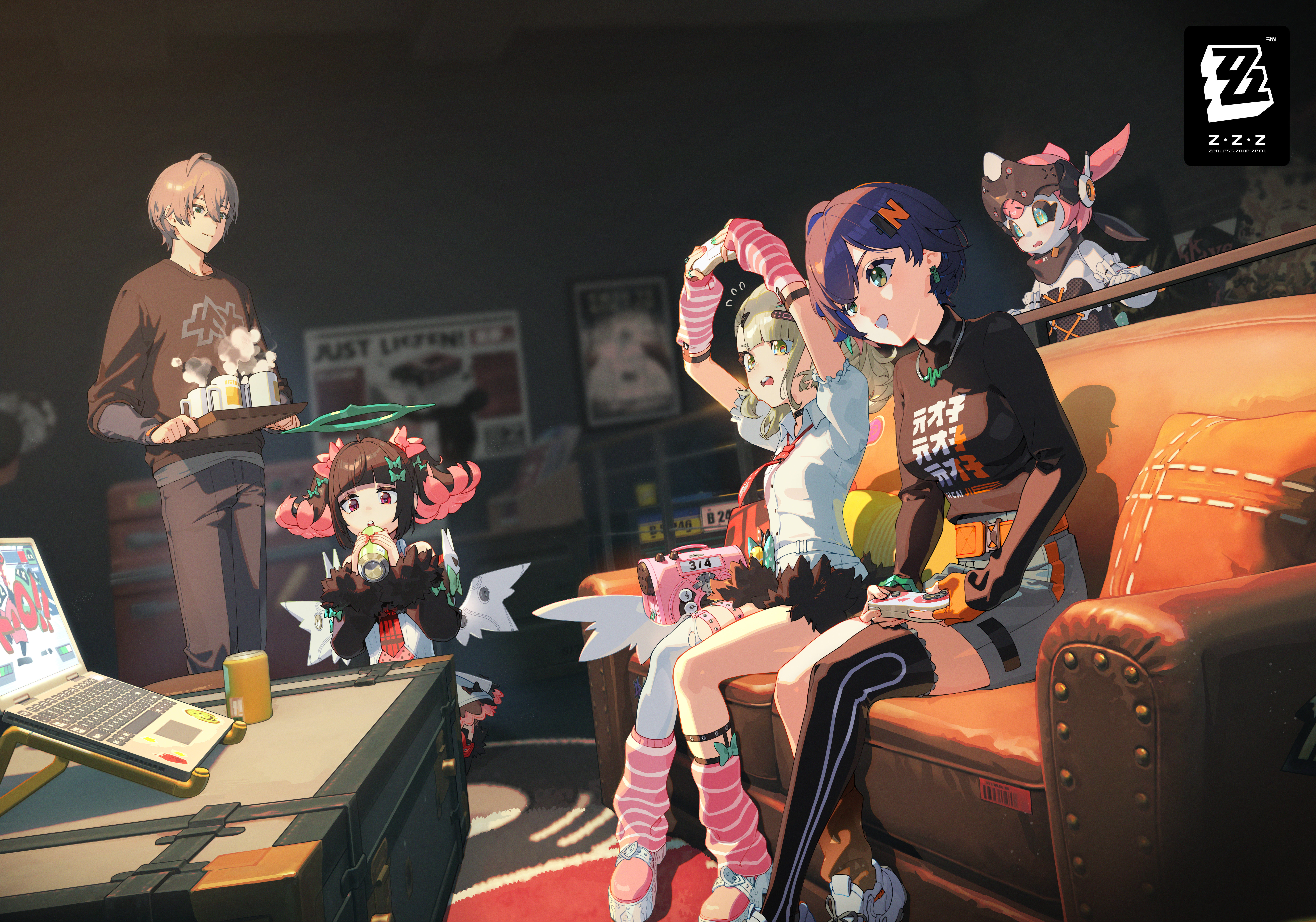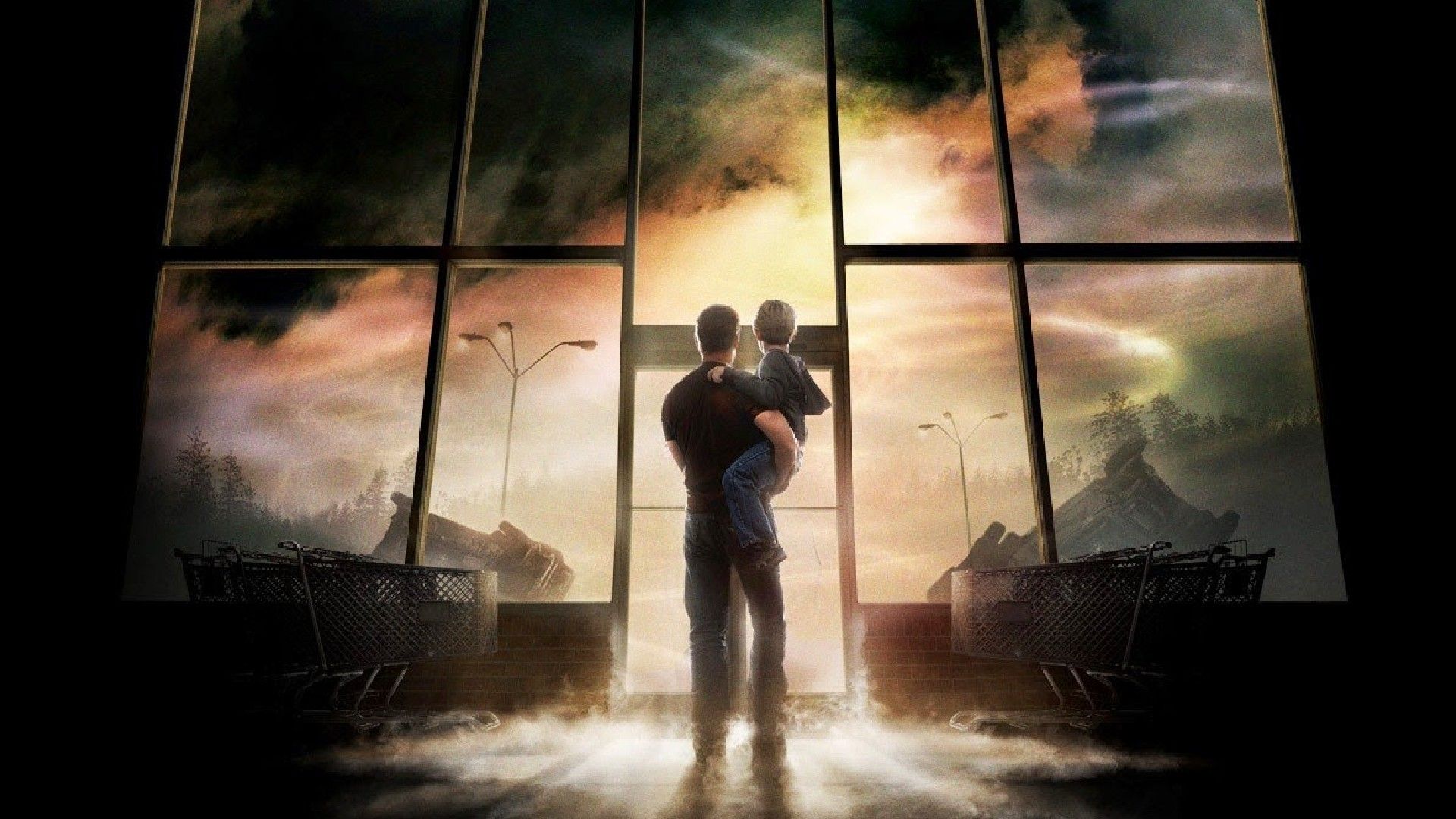Netflix’s Hardest-Hitting Sci-Fi Thriller With 75% RT Is Better Than It Has Any Right Being

It’s not surprising to see this reaction – season two of the show initially received very different responses from viewers and critics, though some critics later changed their minds. The original Altered Carbon was a hit because it unexpectedly delivered a rich cyberpunk world, exploring themes of immortality and social inequality, all centered around a complex and compelling main character.








